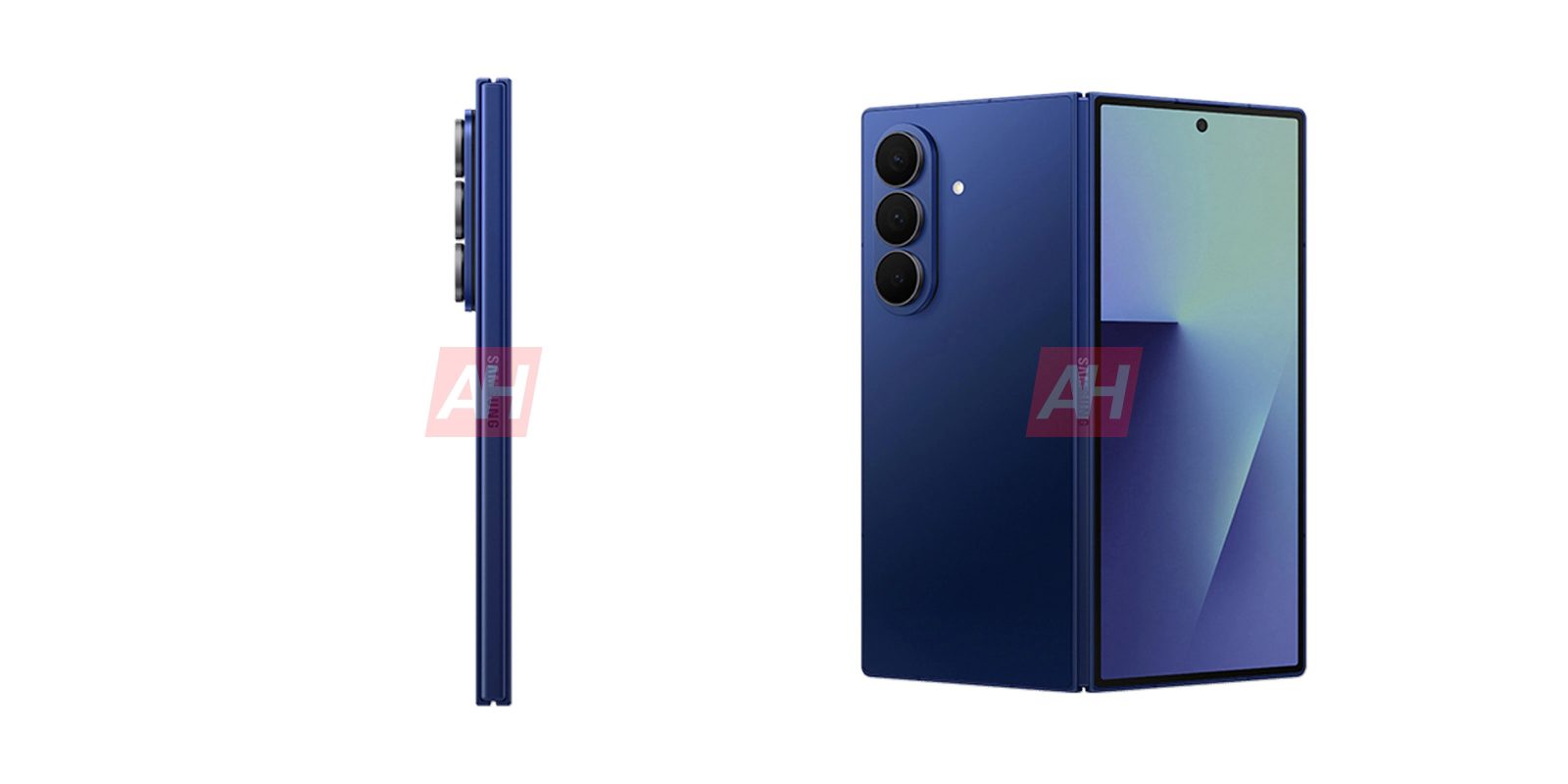In the latest installment of the Pixelated podcast, episode 75, hosts Abner Li, Damien Wilde, and Will Sattelberg delve into the unveiling of Samsung’s Galaxy XR headset, marking a significant milestone as the first device powered by Google’s Android XR operating system. This development prompts a broader discussion on the trajectory of extended reality (XR) technologies and the roles that major tech players like Google and Samsung are poised to play in this evolving landscape.
Samsung’s Galaxy XR: A New Contender in the XR Arena
Samsung’s Galaxy XR headset emerges as a pivotal entry into the XR market, a sector that has yet to witness widespread consumer adoption of premium hardware. Priced at $1,799, the Galaxy XR aims to offer a comprehensive immersive experience. However, the market’s lukewarm reception to high-end XR devices raises questions about the potential success of Samsung’s latest venture.
The Strategic Alliance Between Google and Samsung
The collaboration between Google and Samsung in developing the Galaxy XR underscores a strategic effort to carve out a niche in the XR domain. Google’s contribution through the Android XR platform provides a robust software foundation, while Samsung’s hardware expertise brings the device to life. This partnership reflects a concerted push to establish a foothold in a market that is still in its nascent stages.
Assessing Market Demand for Premium XR Hardware
Despite the technological advancements embodied in the Galaxy XR, the market’s appetite for premium XR devices remains uncertain. Previous attempts by various companies to introduce high-end XR hardware have met with limited success, suggesting that consumer interest may not yet align with the offerings. This scenario prompts a critical evaluation of whether the Galaxy XR can break the mold and stimulate demand.
The Evolution of XR: From Headsets to Glasses
The discussion also explores the potential shift from bulky headsets to more streamlined XR glasses. This transition could signify a move towards more practical and user-friendly devices, potentially broadening the appeal of XR technologies. The feasibility and timeline of such a shift remain topics of speculation and interest within the tech community.
Google’s Strategic Moves in the XR Space
Google’s acquisition of a segment of HTC’s Vive engineering team earlier in 2025 highlights its commitment to accelerating Android XR development. This move aims to bolster Google’s capabilities in the XR arena, positioning it to better compete and innovate in this emerging field.
The Competitive Landscape: Meta’s Position
The podcast touches upon Meta’s decision to decline a partnership with Google on Android XR. Meta’s choice to pursue its own path in XR development indicates a desire to maintain control over its platform and ecosystem, adding another layer of complexity to the competitive dynamics within the XR market.
Conclusion: Navigating the Uncertain Future of XR
As the XR industry continues to evolve, the success of devices like the Galaxy XR will depend on various factors, including technological innovation, market readiness, and consumer acceptance. The insights from Pixelated episode 75 provide a nuanced perspective on the challenges and opportunities that lie ahead in the quest to make XR a mainstream reality.



